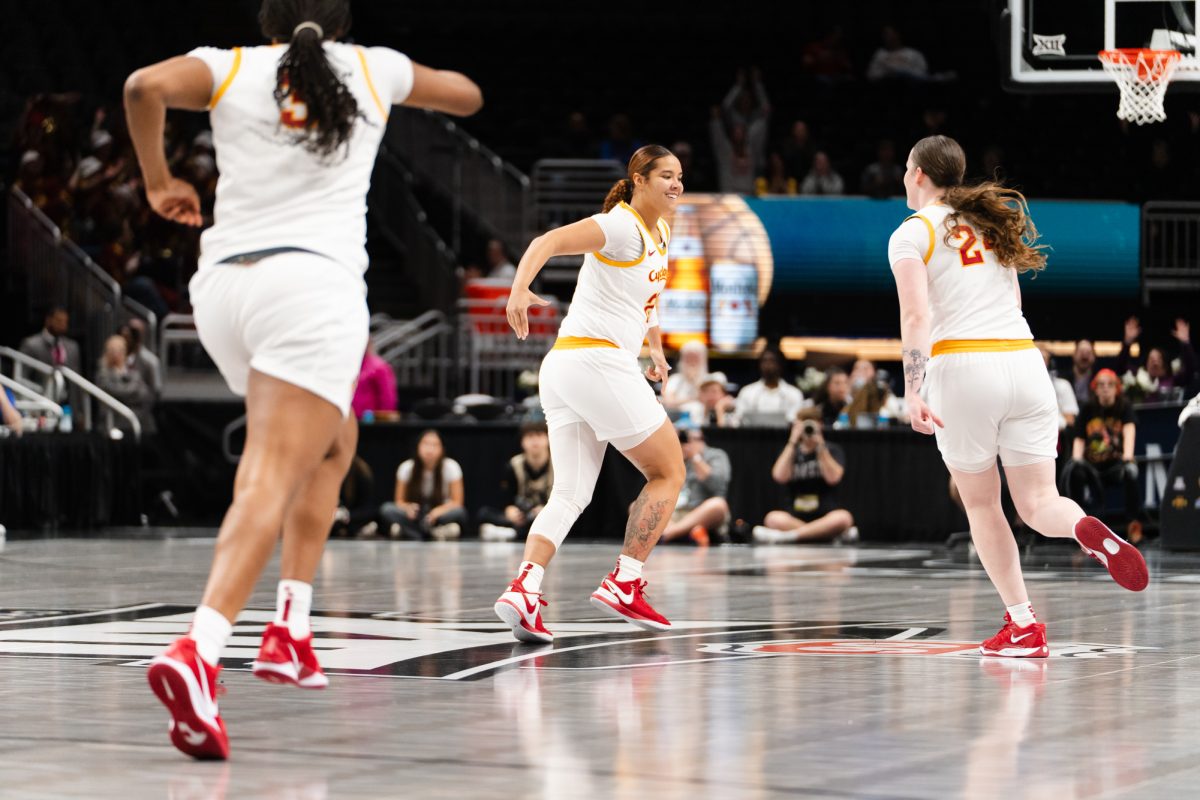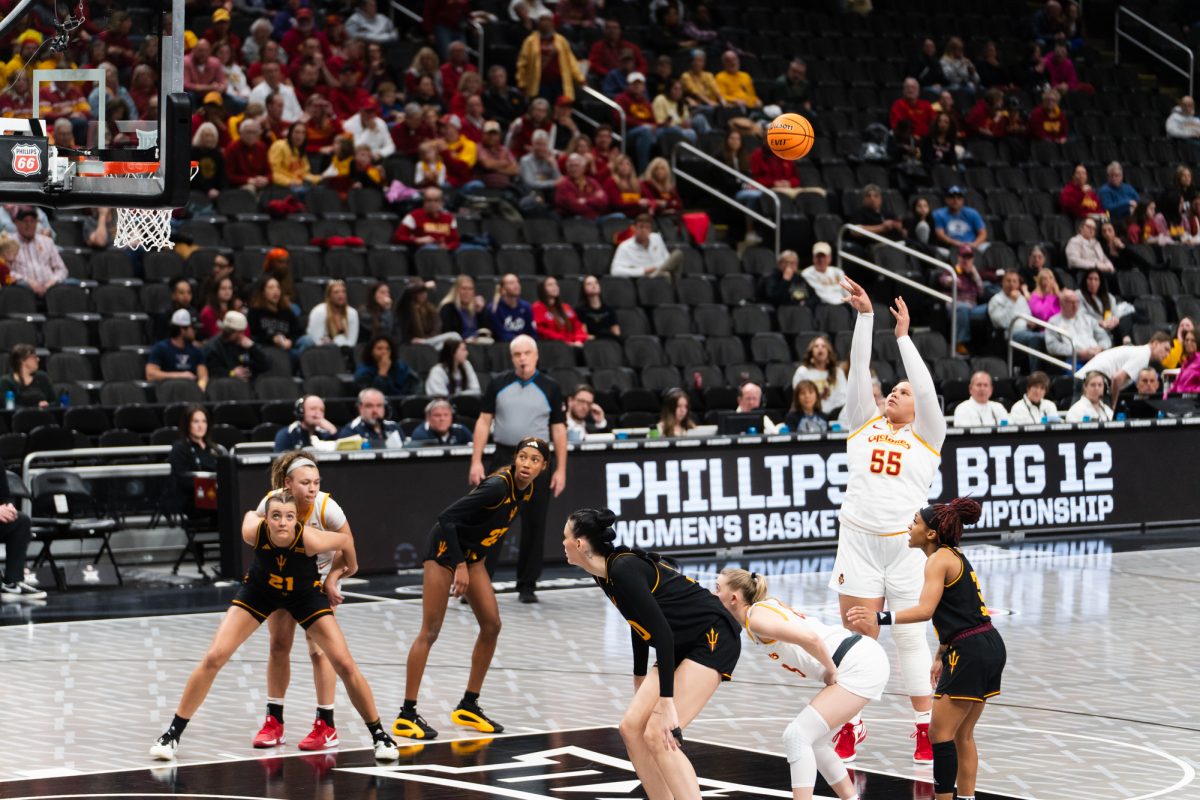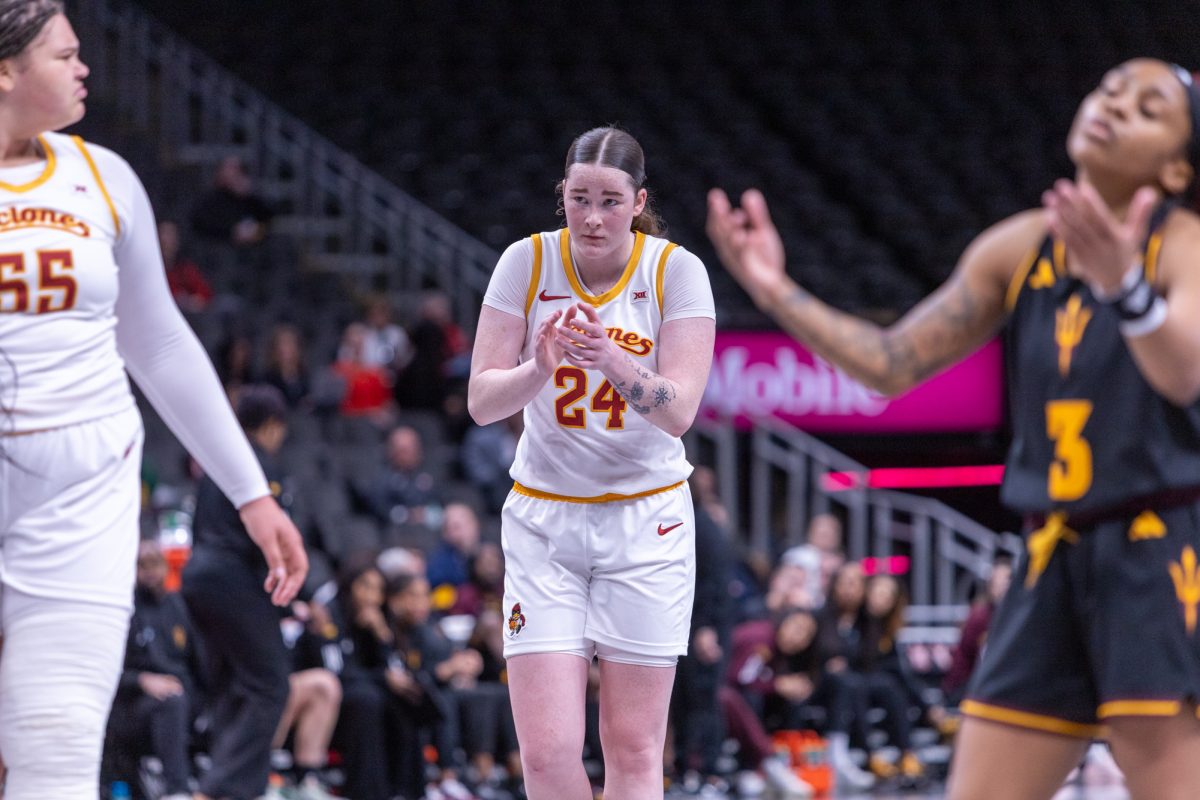Seek a solution instead of criticizing
April 8, 1997
An article appeared in Monday’s (Apr. 7) Daily that quoted Onward Mandebvu, president of the African Student Association, criticizing the Daily for its coverage of minority issues. Mandebvu’s comments came during the open microphone session that followed a march for diversity last Friday.
“Minority students are a very significant part of this community, and the Daily needs to play a role,” he said. Mandebvu also criticized the Daily for poor coverage of international issues. His comments are a bit ambiguous, but if I understand them correctly, they are totally unfounded. As they stand, Mandebvu’s opinions are intriguing but contain more than a hint of irony.
They appeared under a headline that read, “Keeping Focus on Diversity,” in bold typeface. They appeared in a paper that featured two front-page stories of international significance: “New ISU administrator’s son returns home after escaping from Albania,” and “Learning about the changing of the guard: Students can learn from ISU’s Hong Kong students about the Britain-to-China transition.”
That was Monday.
Tuesday’s (Apr. 8) Daily contained a front-page article about an ISU student whose Iranian father has been kept from attending his daughter’s graduation because of diplomatic tensions between the United States and Iran.
Mr. Mandebvu, when it comes to localizing international news for a college audience, it doesn’t get much better than that.
The Daily runs Associated Press stories of international importance whenever it has the space. In addition, it provides consistent coverage of the activities of international student organizations and cultural festivities like the Parade of Nations two weeks ago.
On the matter of international coverage, Mandebvu’s complaint is not unique. He is committing a fallacy common among those who like to gripe about the local paper. I have often overheard students bedeviling the Daily for running local stories of presumed lesser importance when huge calamities are happening in other parts of the world.
The fact is, the Daily cannot compete with The New York Times, nor should it. If all papers attempted to cover all international issues by filling their pages with wire stories, who would cover the local news?
The Daily does not cover Africa, Mr. Mandebvu, and you’re doing yourself a great disservice if you’re using the Iowa State Daily as your only source of local, national and global news. If you can find a local angle to anything happening in Africa, the Daily would much appreciate the tip. To resort to a trite euphemism, be a part of the solution rather than what you see as the problem.
As for Mandebvu’s criticism of the Daily’s coverage of diversity on this campus, I could let the sarcasm just spew forth in torrents. But I won’t.
I must admit, that’s the first time I’ve ever heard that particular complaint. Usually it goes the other way; people think the Daily has pandered to the battlecries of a few, amid a student population of thousands who do not find the issues worthy of coverage. These criticisms typically revolve around the activities of The September 29th Movement and its ensuing controversies this year. To those who think the Daily has been a vehicle of The Movement’s cause, I say: You’re right.
But that’s how it works in the newspaper world. The September 29th Movement, in its crusade, benefited from its members who knew how to work the media. There is a tacit agreement between journalists and promoters of a cause. They give us something to write about, and our coverage provides them the publicity they need. Is this how things ought to be? Probably not, but it is the reality of the business. Those who know how to create news make the paper.
I do not mean to imply that the issue of diversity is not worthy of discussion; on the contrary, one of a newspaper’s essential duties is to bring to light issues that are circulating among a community’s various populations. As far as I can tell, a little communication has never hurt anybody.
Mandebvu’s comments, in their context, were completely invalid and reflect his ignorance of the media’s role in an informed society — an ignorance that is simply intolerable.
Tracy Lucht is a senior in journalism and mass communication from West Des Moines.






